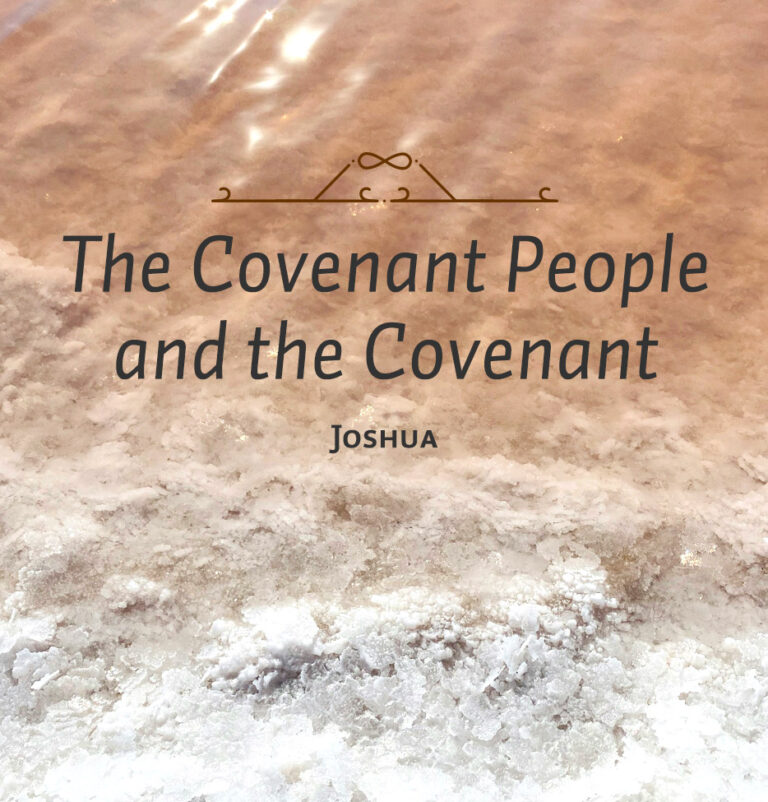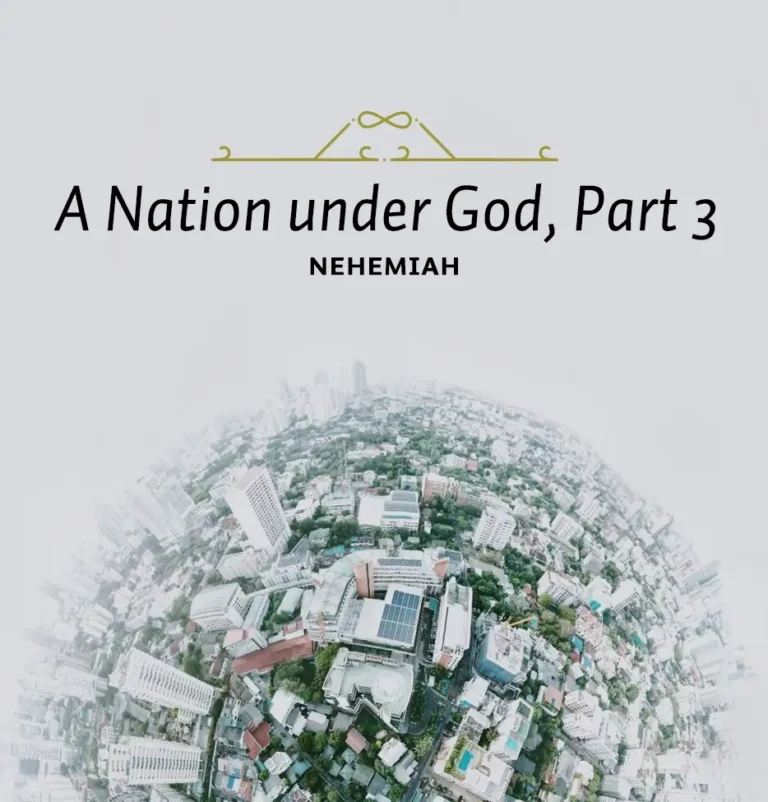
Monday: The Final Aspect of the Crossing of the Jordan
This week we are continuing our study in the third episode of Joshua, which is the crossing of the Jordan River. We learned last week that this third episode has three parts. The first part was the crossing of the Jordan itself, with the Ark of the Covenant going before the people. The second piece was God’s command to set up the memorial stones. Now this week we come to the third of the incidents that are connected with the crossing, and this concerns the consecration of the people once they had passed over into the land and had set up their memorial.




